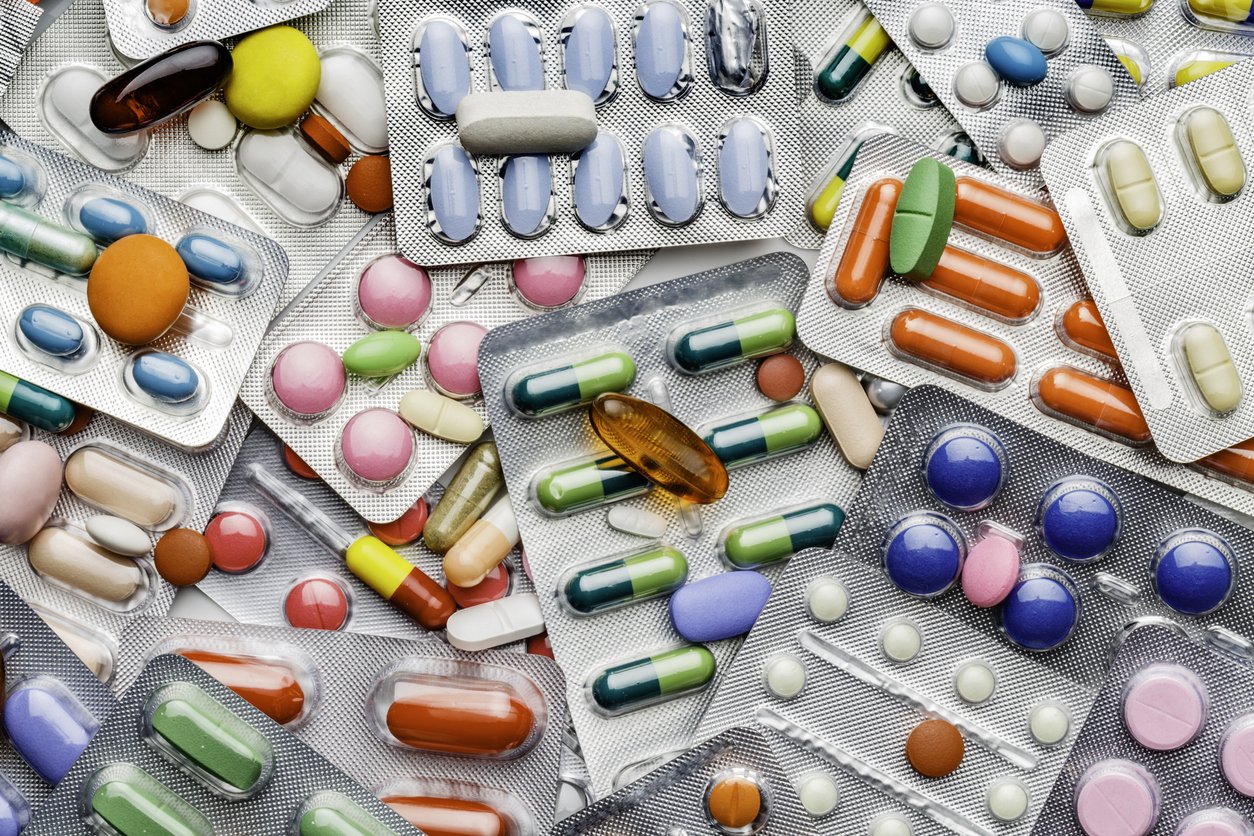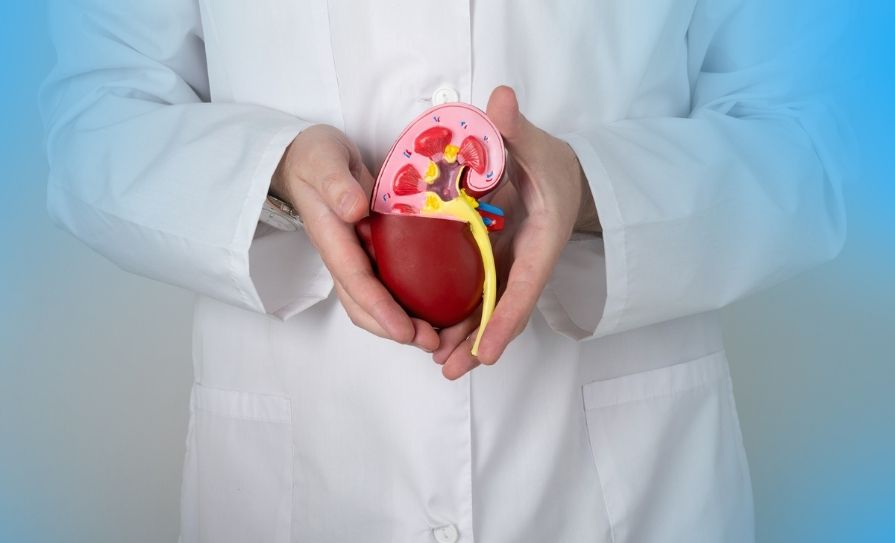There are significant gaps in the services available nationally to reduce medication-related harm, according to a HSE briefing document obtained by the Medical Independent (MI) through Freedom of Information law. The document, which was presented to the Executive’s safety and quality committee meeting on 13 October, further stated that reducing medication-related harm nationally was a “considerable challenge” for the HSE and national stakeholders.
“We are aware of six reports of fatal medication-related harm occurring in 2019 and 2020, three of which relate to anticoagulant management,” according to the briefing material prepared by the HSE’s National Medication Safety Programme.
In 2019 incident reporting data to the National Incident Management System (NIMS) included 1,089 medication incident reports classified as involving some level of injury (7.5 per cent of all medication-related reports).
“However, on a brief review, it is apparent that some of the 10,067 reports classified as ‘no injury’ also involve harm,” the document stated.
“Notably, many of the 3,434 incident reports (23.5 per cent) classified as near misses involve intervention by a clinical pharmacist to intercept the error and prevent harm to the patient.”
At least half of medication-related harm is “potentially preventable”.
At a meeting of the committee on 16 December, the minutes of which were seen by MI, HSE National Director of Quality Improvement Dr Philip Crowley provided an update on the implementation of the medication safety strategy.
The strategy had been discussed by the HSE executive management team (EMT) at the request of the committee. The EMT had endorsed the establishment of an integrated action group, reporting to the Chief Clinical Officer, to oversee implementation of recommendations and best practice initiatives to address the reduction in medication-related harm.
Dr Crowley highlighted that “there are gaps in the services available nationally to reduce medication-related harm and that the appropriate HSE structures and approach to plan and deliver reductions in medication-related harm are being considered”.
“The committee recognised medication safety as a significant patient safety issue and welcomed the proposed establishment of the integrated action group, noting that the recommendations from HIQA’s medication safety monitoring programme in public acute hospitals should be included in the terms of reference of the group if possible,” according to the minutes.
“The committee emphasised that the utilisation of e-health procedures should play a key role in the implementation of the medication safety strategy.”













Leave a Reply
You must be logged in to post a comment.